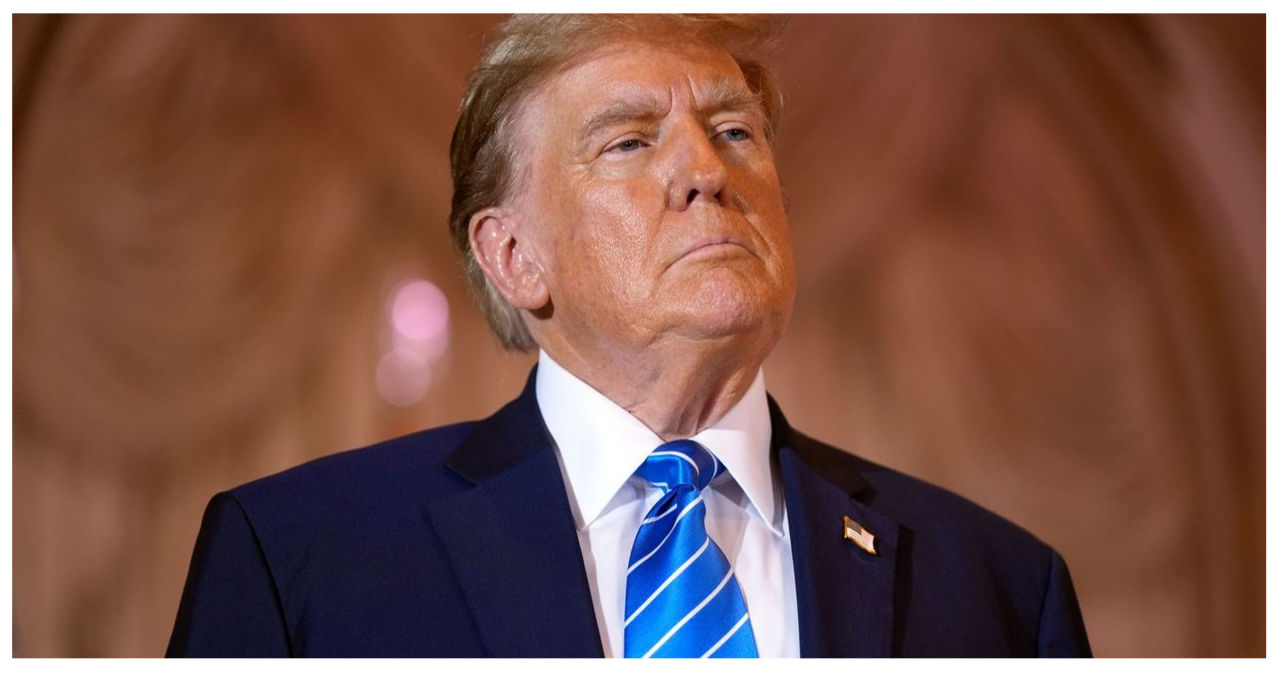According to the U.S. Supreme Court calendar, oral arguments for the case involving former President Donald Trump’s presidential immunity will commence on April 25.
The news comes after the high court’s favorable ruling in his favor in a presidential ballot case from Colorado on Monday, as well as former South Carolina Gov. Nikki Haley’s withdrawal from the presidential race on Wednesday.
Special counsel Jack Smith seeks to convict Trump on charges of conspiring to defraud the United States, obstructing an official proceeding, conspiring to obstruct an official proceeding, and conspiring to deprive millions of Americans of their right to have their votes counted. Trump maintains his innocence and has pleaded not guilty to these charges.
The Supreme Court will decide whether Trump can be prosecuted for his involvement in the 2020 election’s attempt to overturn President Joe Biden’s victory. If they determine that he is immune, Smith’s case could effectively come to a close.
According to CNBC, the criminal case involving Smith is currently on hold until after the Supreme Court makes its decision. Two courts have already rejected Trump’s claims of immunity in the past.
Smith has been advocating for expeditious trial proceedings, whereas Trump has been advocating for a delay in the case.
The court has the authority to make its decision at any time following the arguments. The Washington Post suggests that a decision could potentially be reached between June and July.
An unsigned order has granted the special counsel’s request to treat the stay application as a petition for a writ of certiorari. The petition is granted, but only limited to the question of whether and to what extent a former president enjoys presidential immunity from criminal prosecution for conduct alleged to involve official acts during his tenure in office.
Trump is facing multiple other lawsuits in addition to this one. If these cases, including the current one, are prolonged beyond the November election, Trump could potentially request the Department of Justice to dismiss them.



